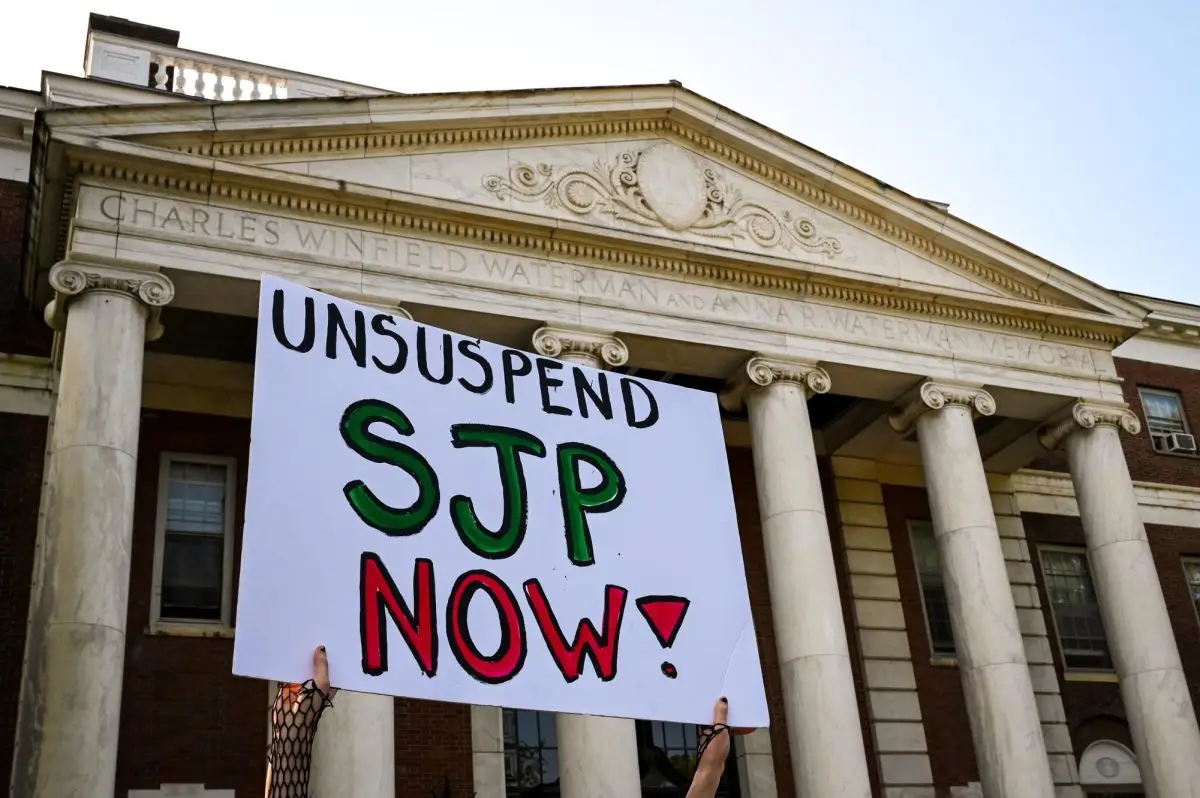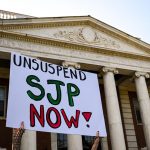A federal judge has dismissed a lawsuit brought by Students for Justice in Palestine (SJP) at the University of Vermont (UVM), upholding the university’s disciplinary actions over the group’s violation of campus policies during a protest encampment.
The Controversial Encampment and Campus Policy Violations
In late April 2024, UVM’s SJP chapter organized a 10-day encampment at Andrew Harris Commons to protest Israel’s response to the October 7 Hamas terror attack. That attack left over 1,200 Israelis dead and saw 240 civilians taken hostage. The encampment, however, ran afoul of multiple university policies, including unauthorized use of campus green spaces, erecting temporary structures without a permit, and encouraging policy violations by other students.
The university placed SJP under temporary suspension, prompting the group to file a lawsuit in September. SJP claimed that the suspension violated their First Amendment rights, arguing their actions were protected free speech.
Despite the suspension being lifted on December 16, UVM placed the group on disciplinary probation through spring 2025. SJP leaders must also complete “educational and restorative sanctions” to continue on-campus operations.
Judge Rules in Favor of Campus Safety and Policy
U.S. District Court Judge William Sessions sided with UVM, concluding that the university acted within its rights to prioritize safety and enforce its policies. “The policy in question addressed two well-established institutional interests: safety and security,” wrote Sessions. He noted that allowing students to sleep outdoors on campus created vulnerabilities inconsistent with the university’s goals.
Sessions also highlighted the broader disruptions caused by the encampment, including interference with student schedules and campus operations. These, he ruled, were legitimate reasons for the university’s disciplinary measures.
While SJP leaders expressed disappointment with the court’s decision, they vowed to return “with resilience and strength.” However, critics have pointed out the organization’s history of disruptive and controversial activities. According to Campus Reform, SJP chapters at several universities across the U.S. have faced investigations, suspensions, and even bans for alleged anti-Semitic rhetoric and actions.
As debates over campus activism and policy enforcement continue, UVM’s legal victory underscores the balance institutions must strike between protecting free speech and maintaining campus safety and order.


